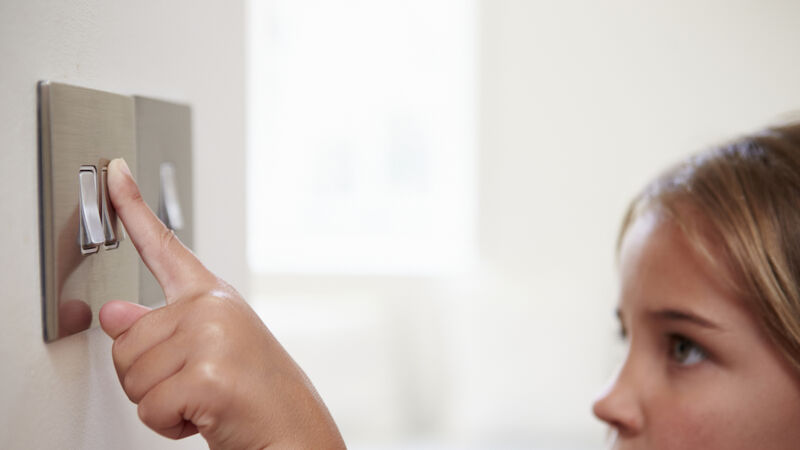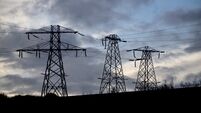Public will not be forced to turn off lights, says Taoiseach

A public information campaign is to be launched to encourage households and businesses to avoid using appliances at peak times.
The Government will not force householders to reduce their heating or turn off their lights during peak hours this winter, the Taoiseach has said.
Micheál Martin’s comments came after a dramatic move by European Commission president Ursula von der Leyen which would see mandatory energy-reduction targets introduced across the EU in a bid to tackle soaring costs.













